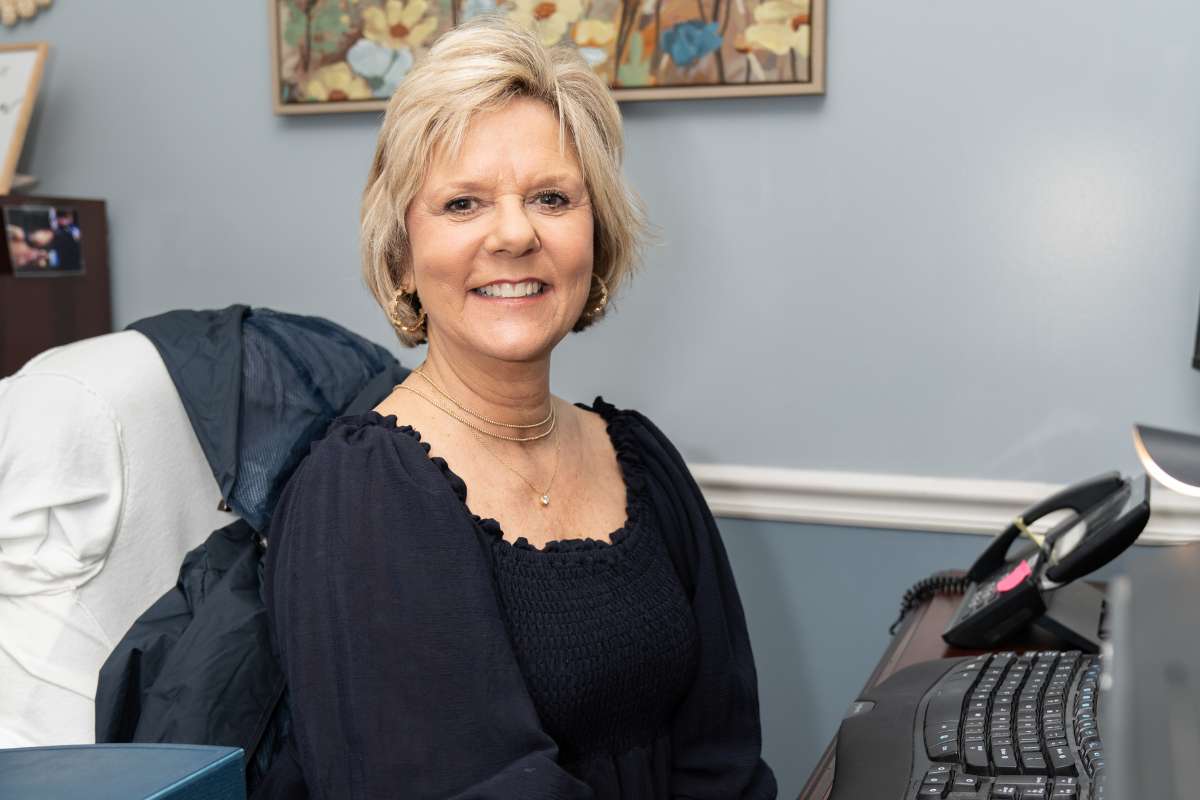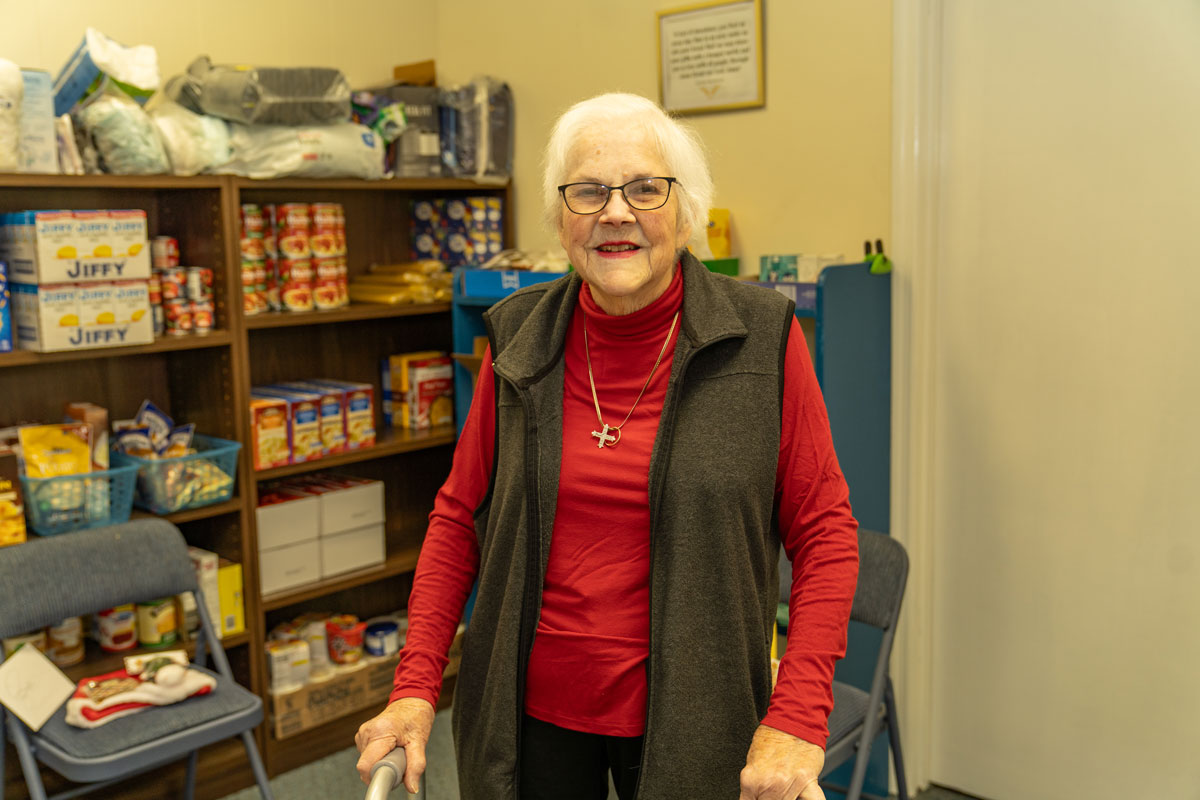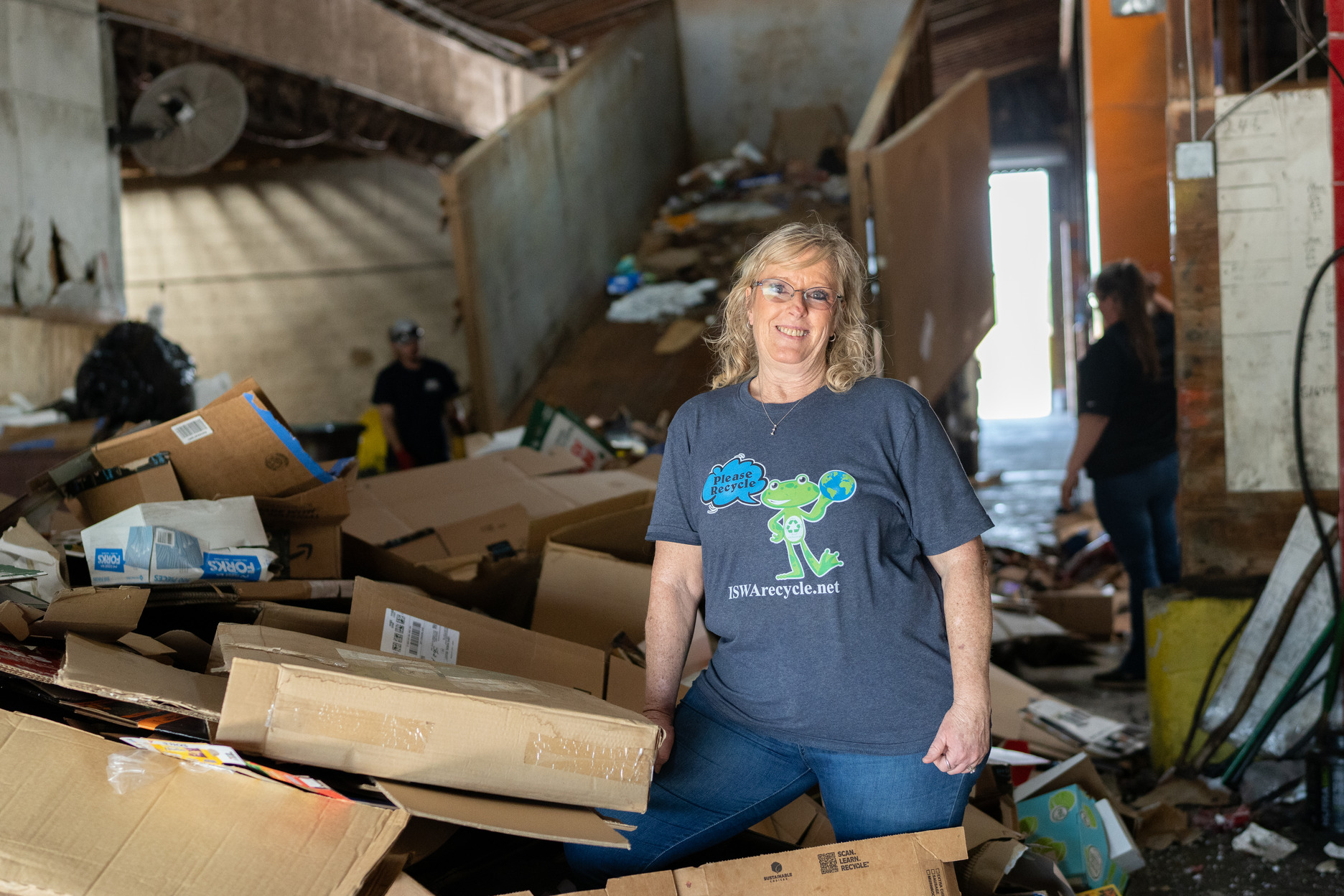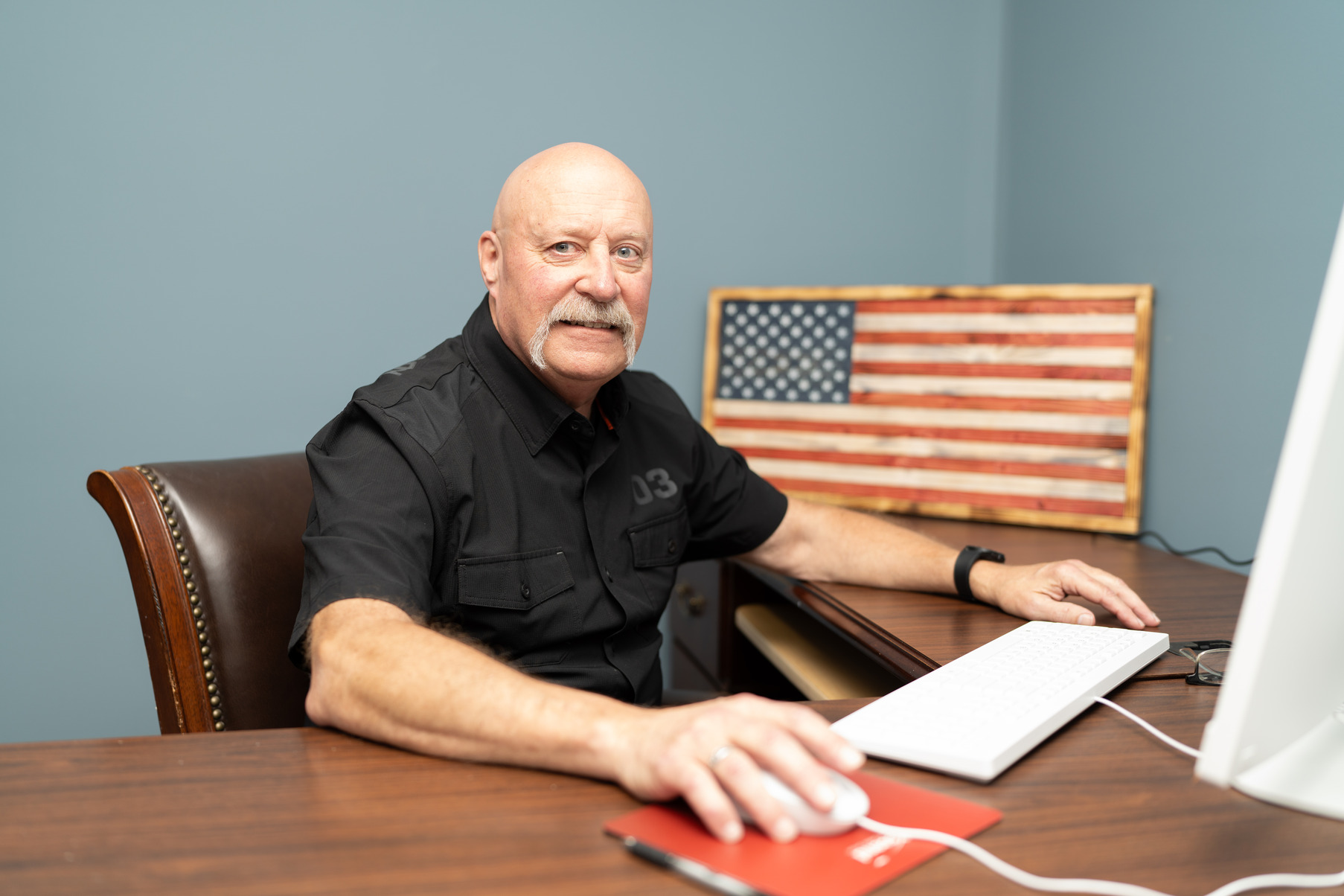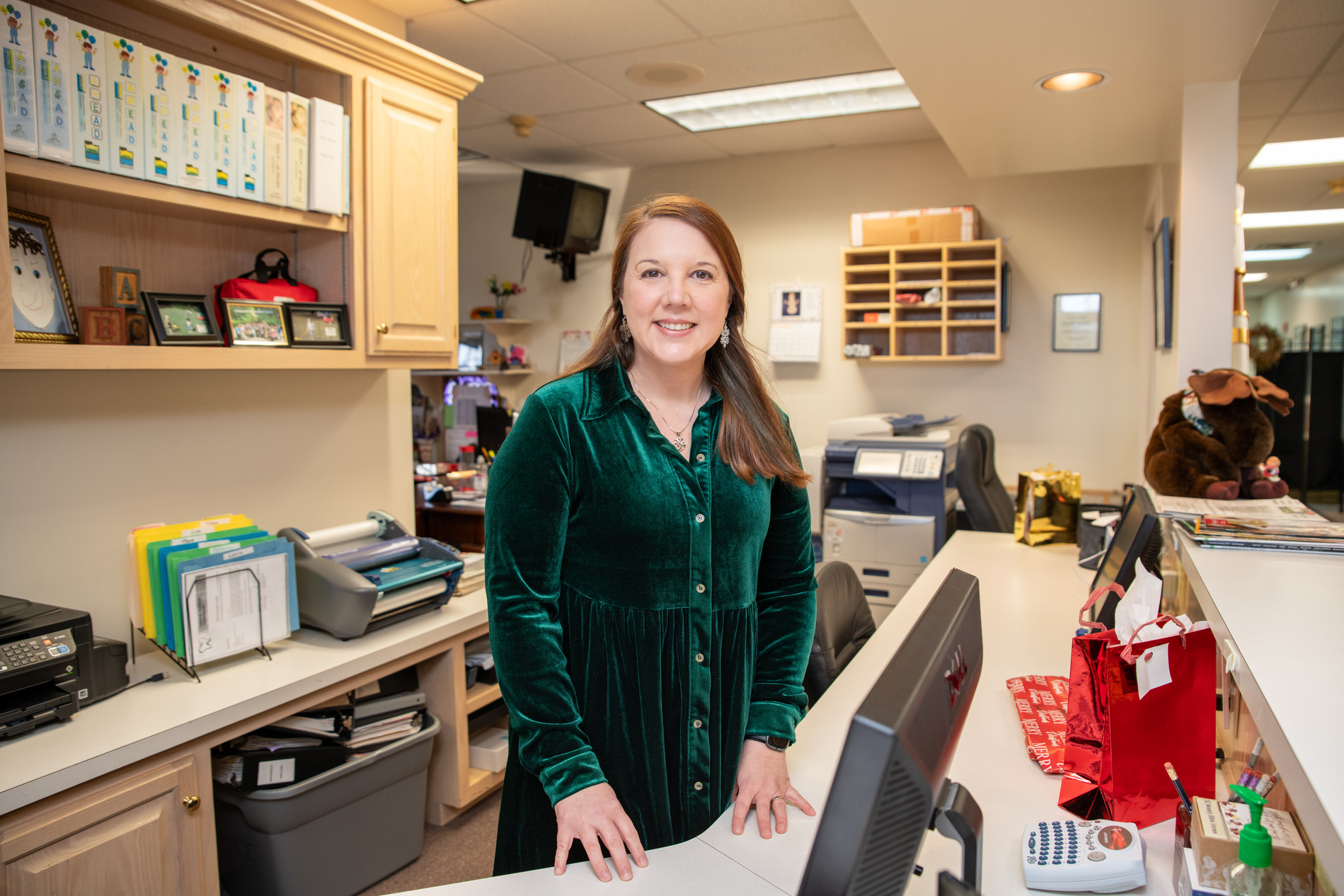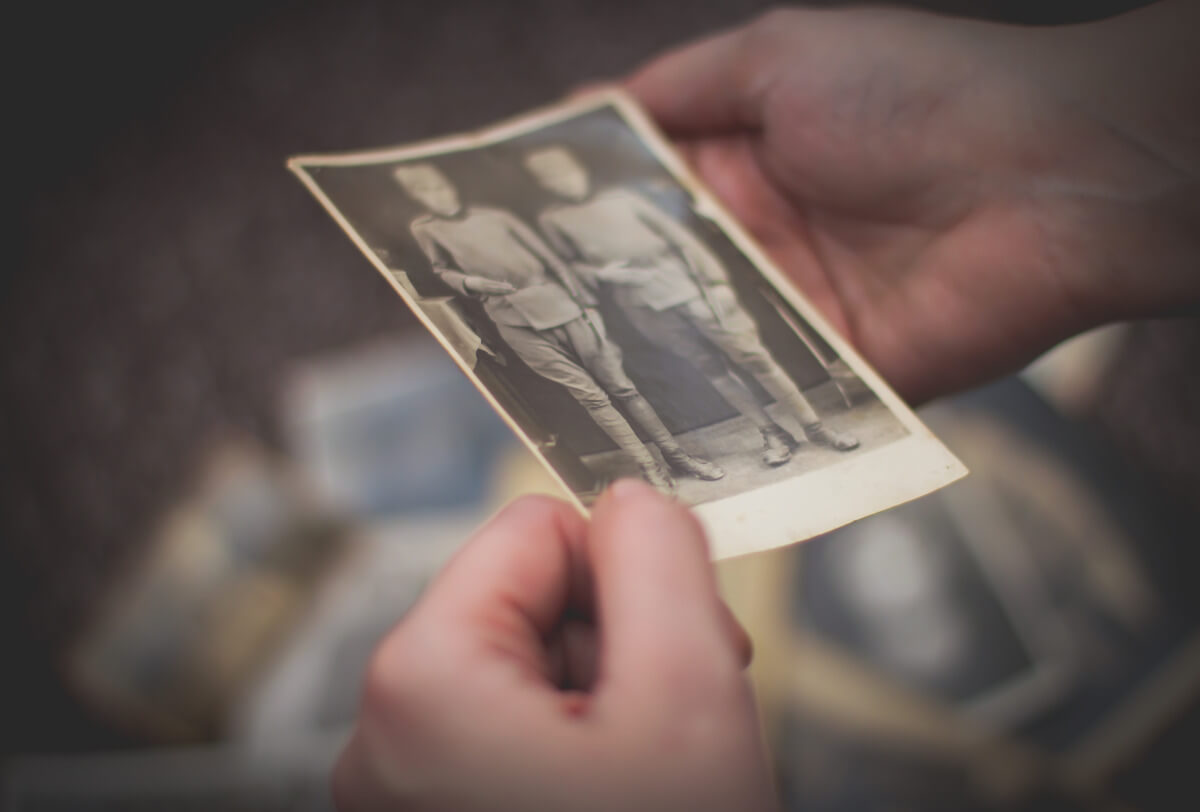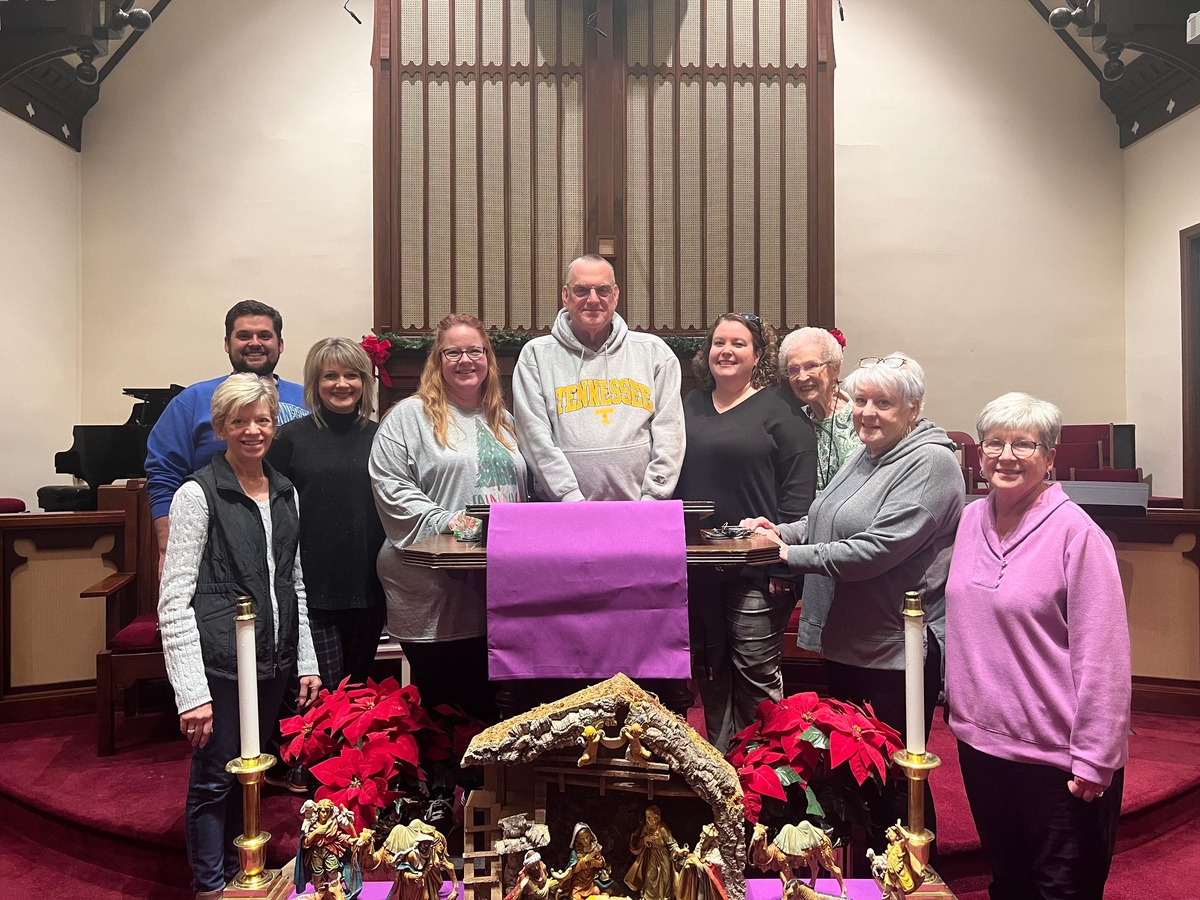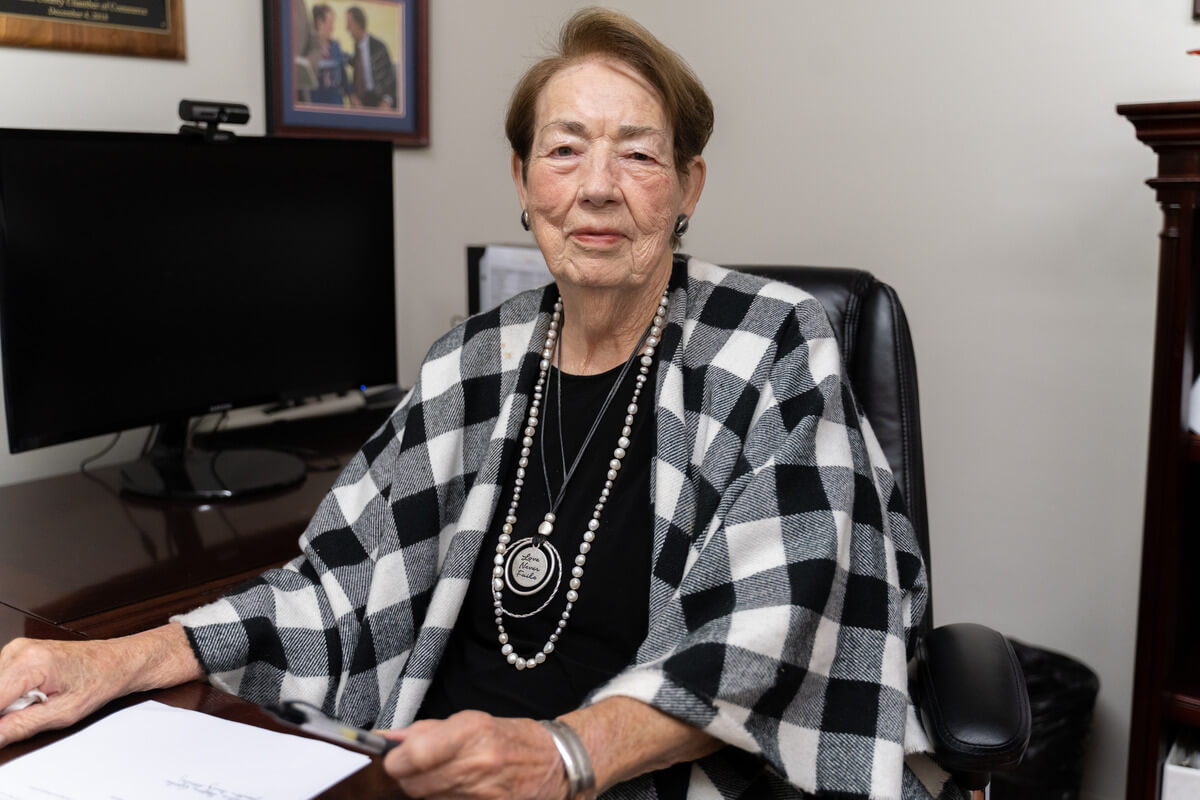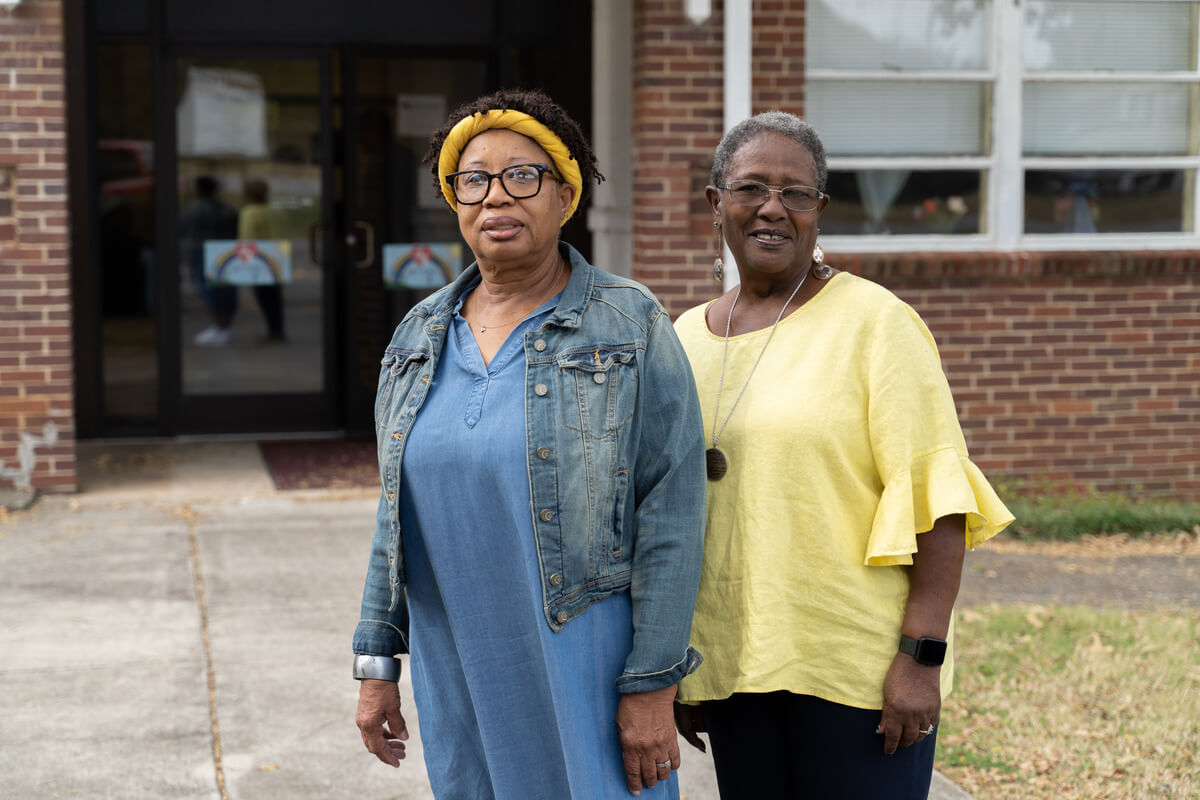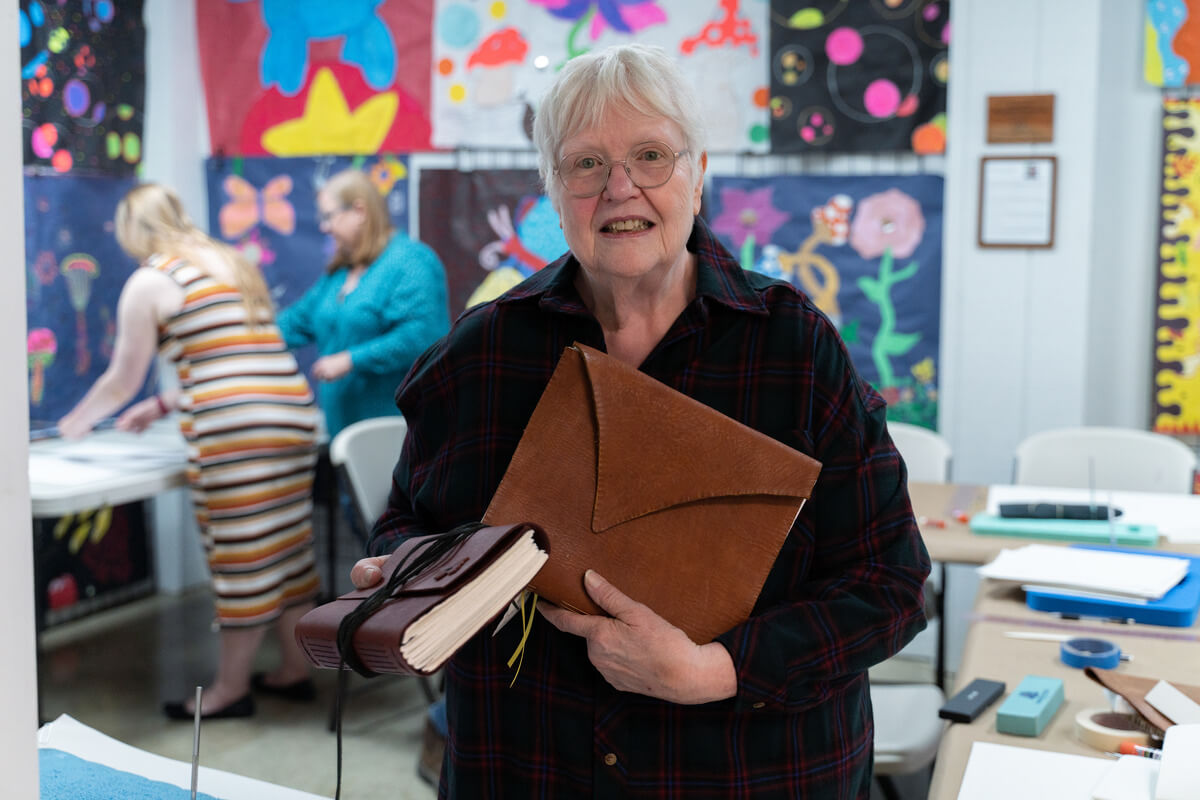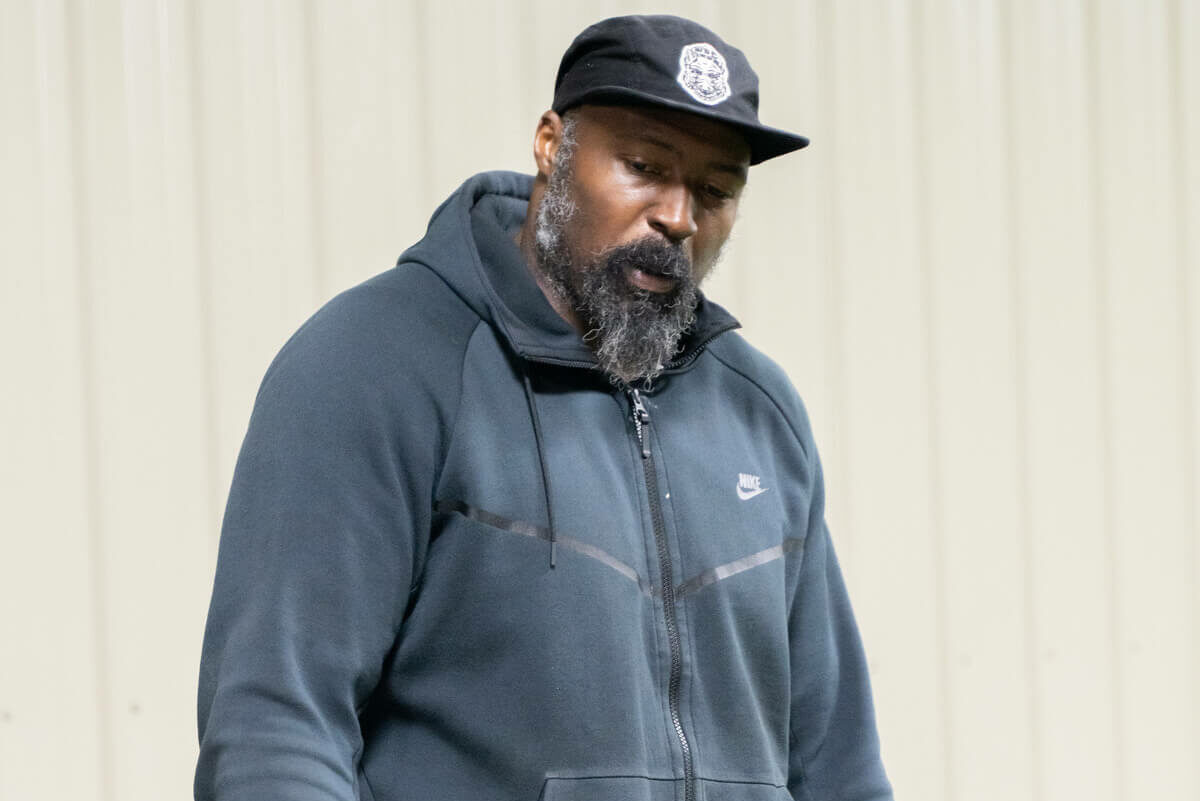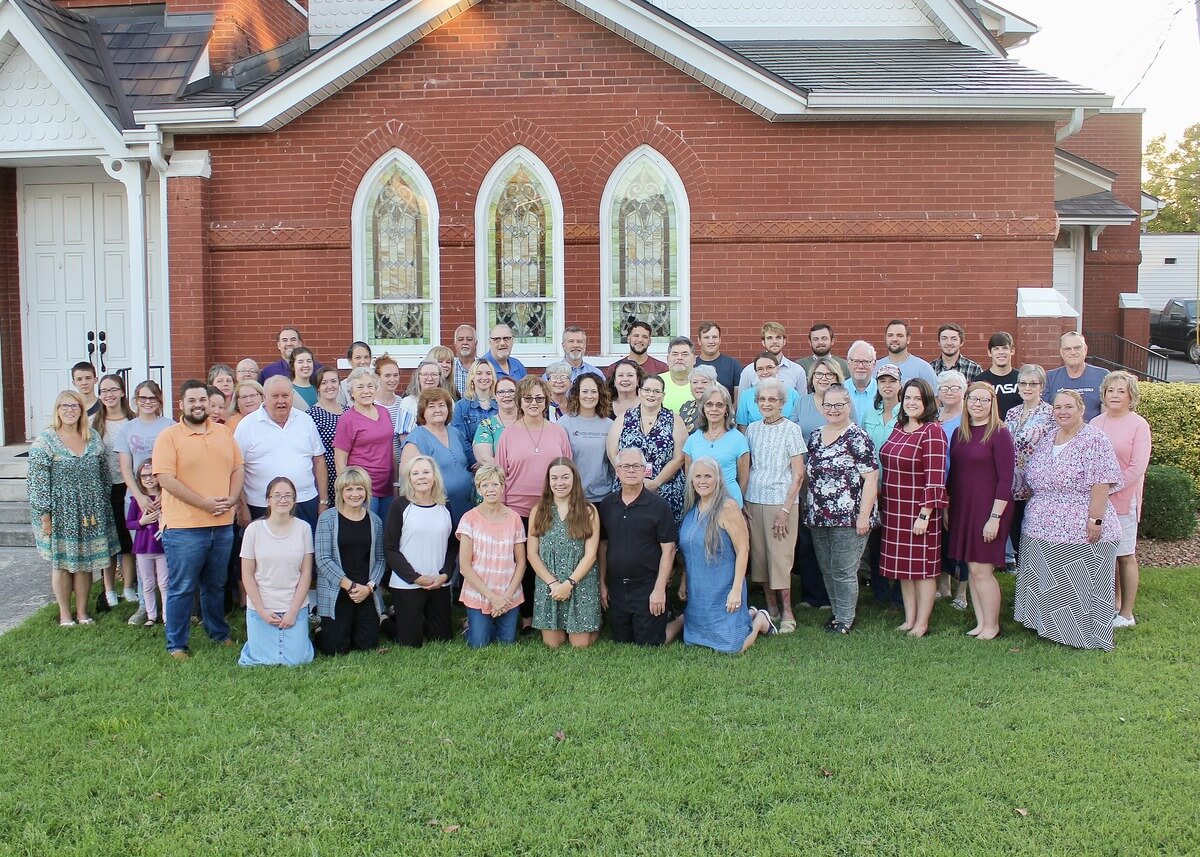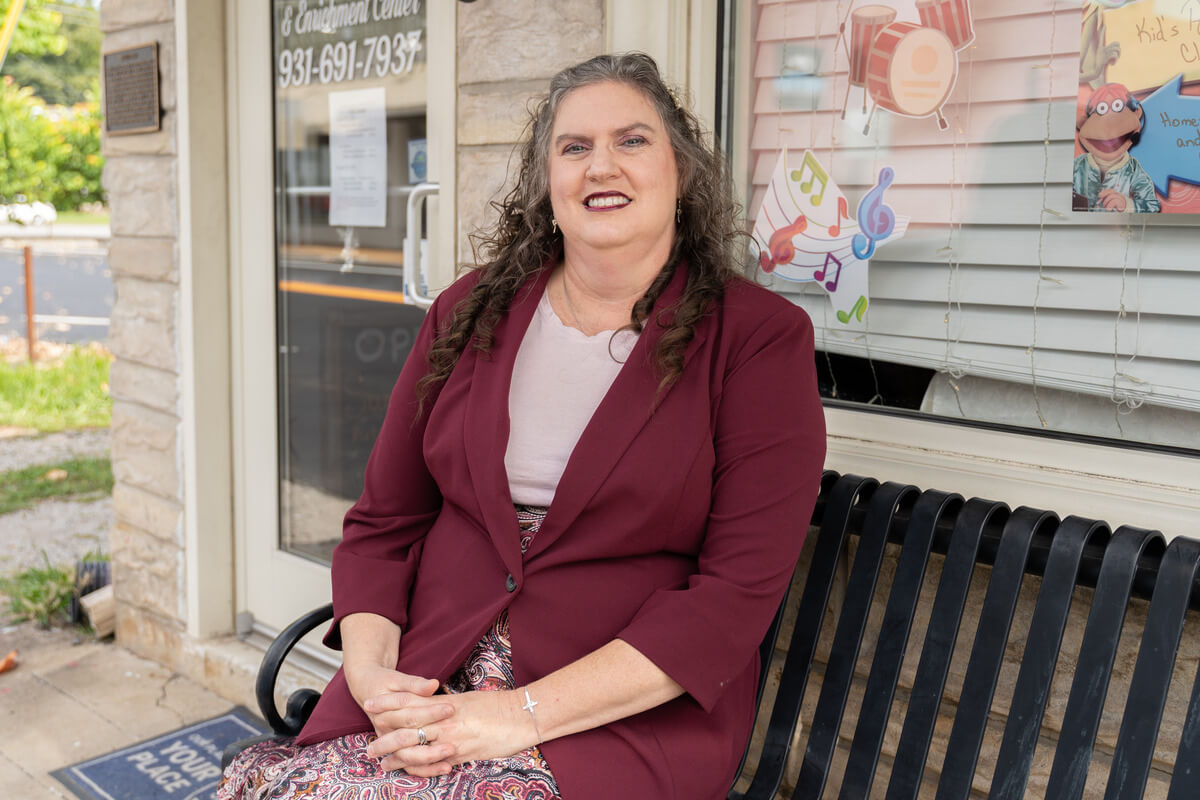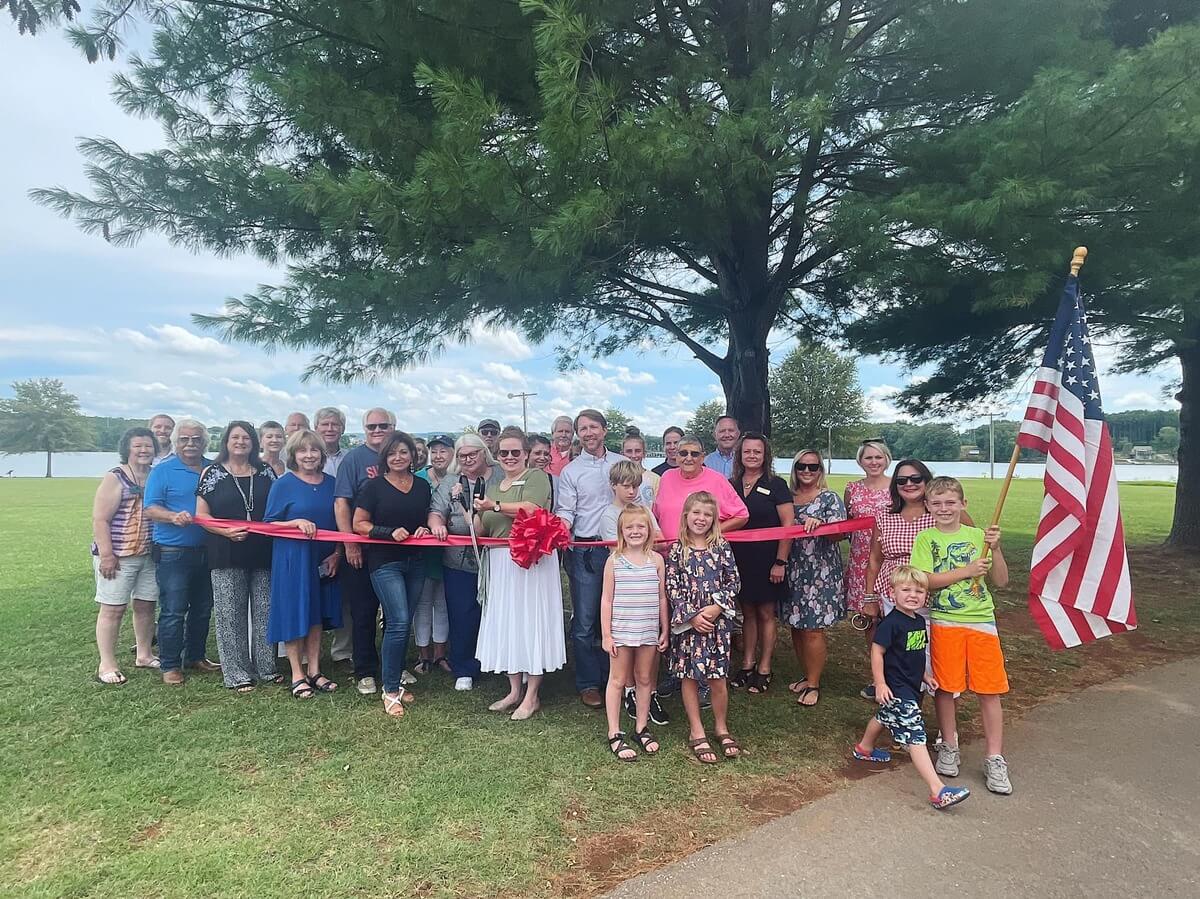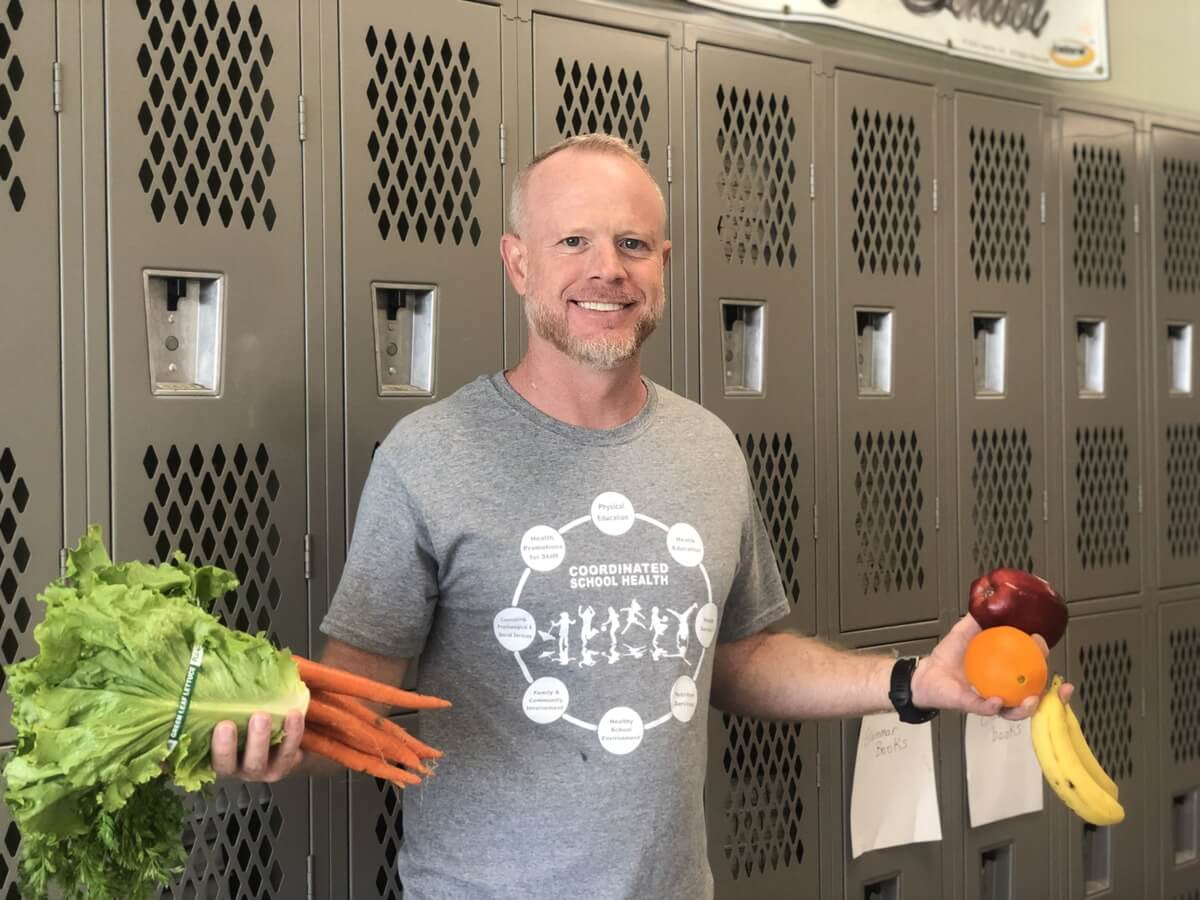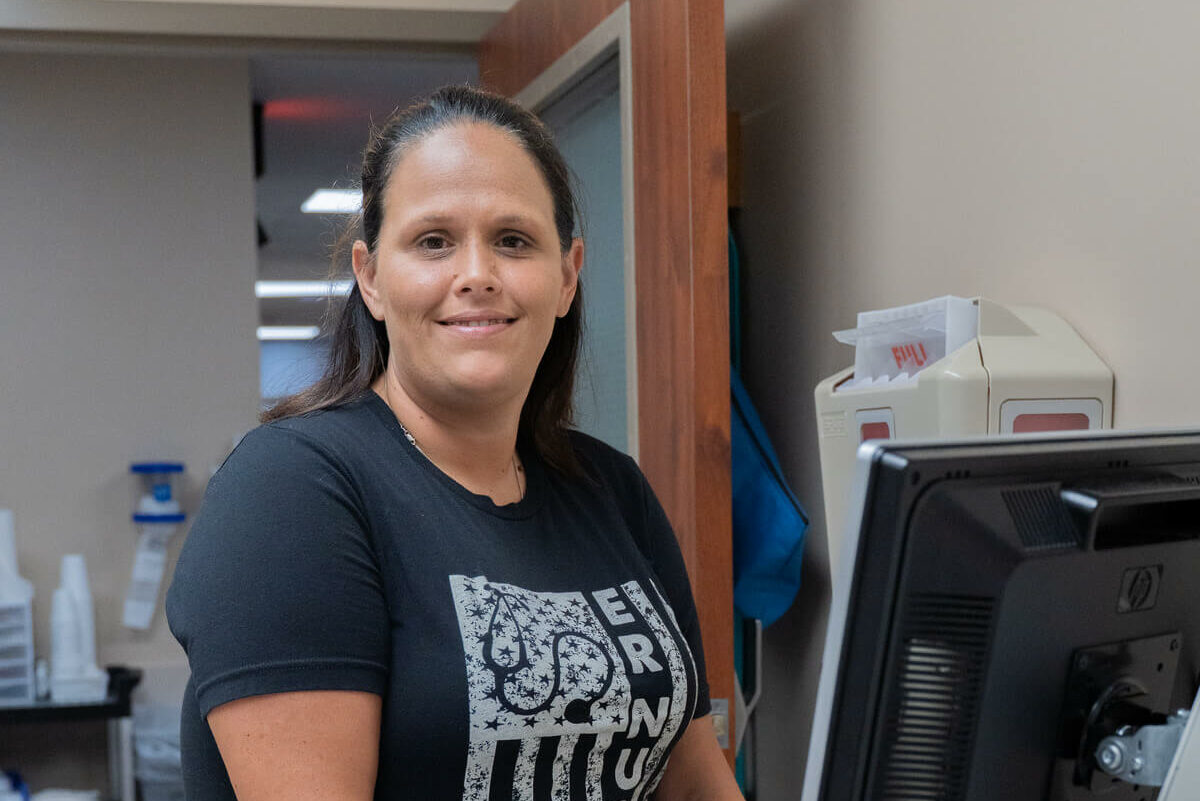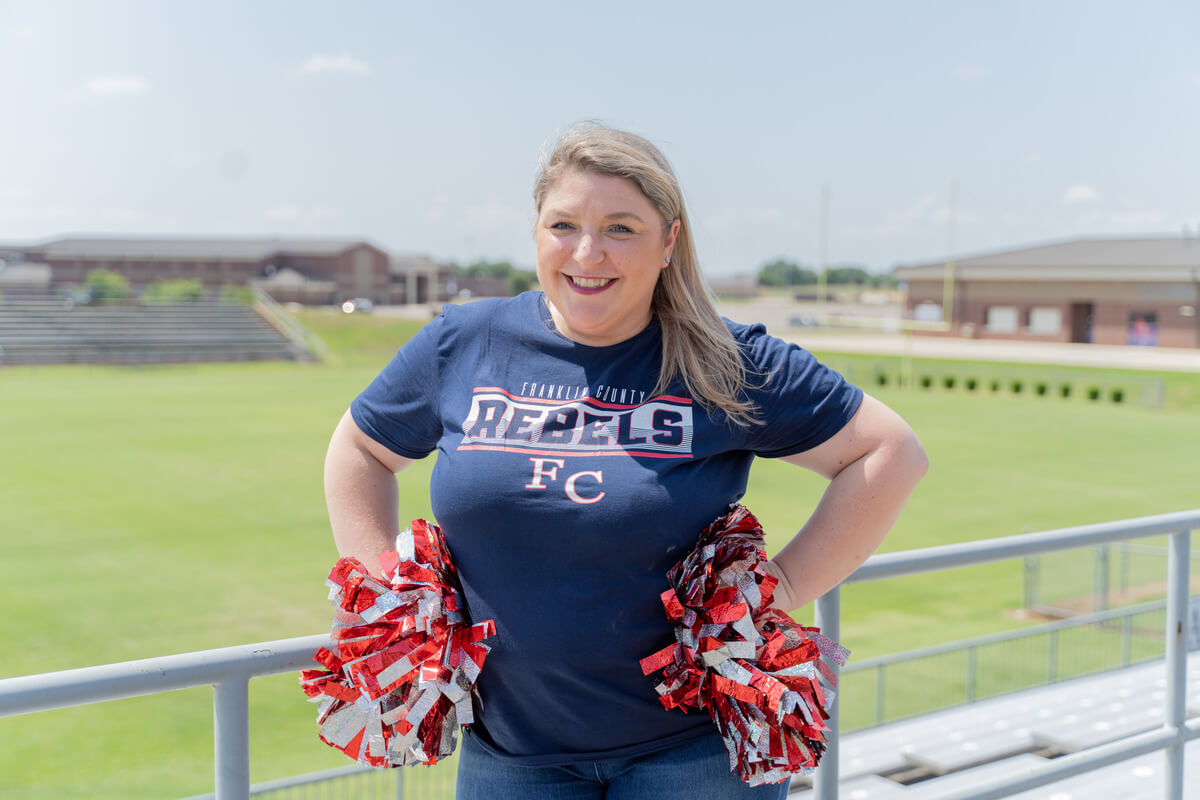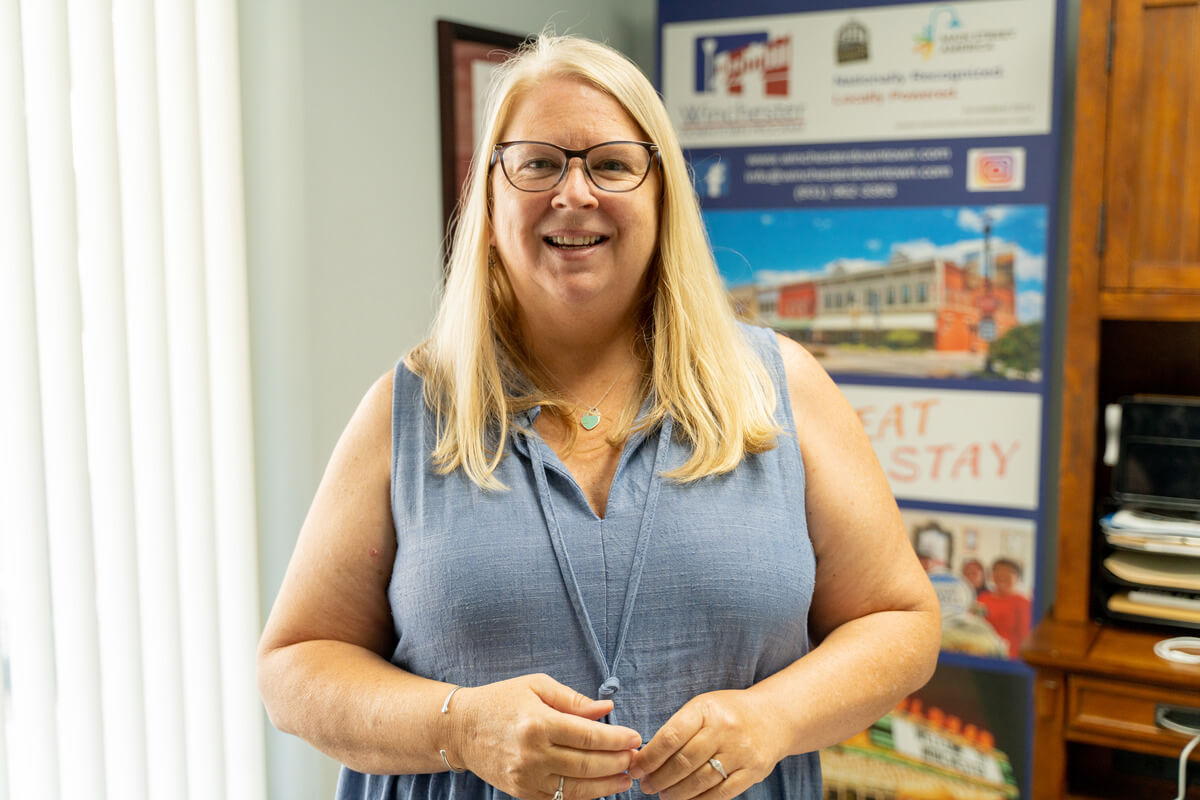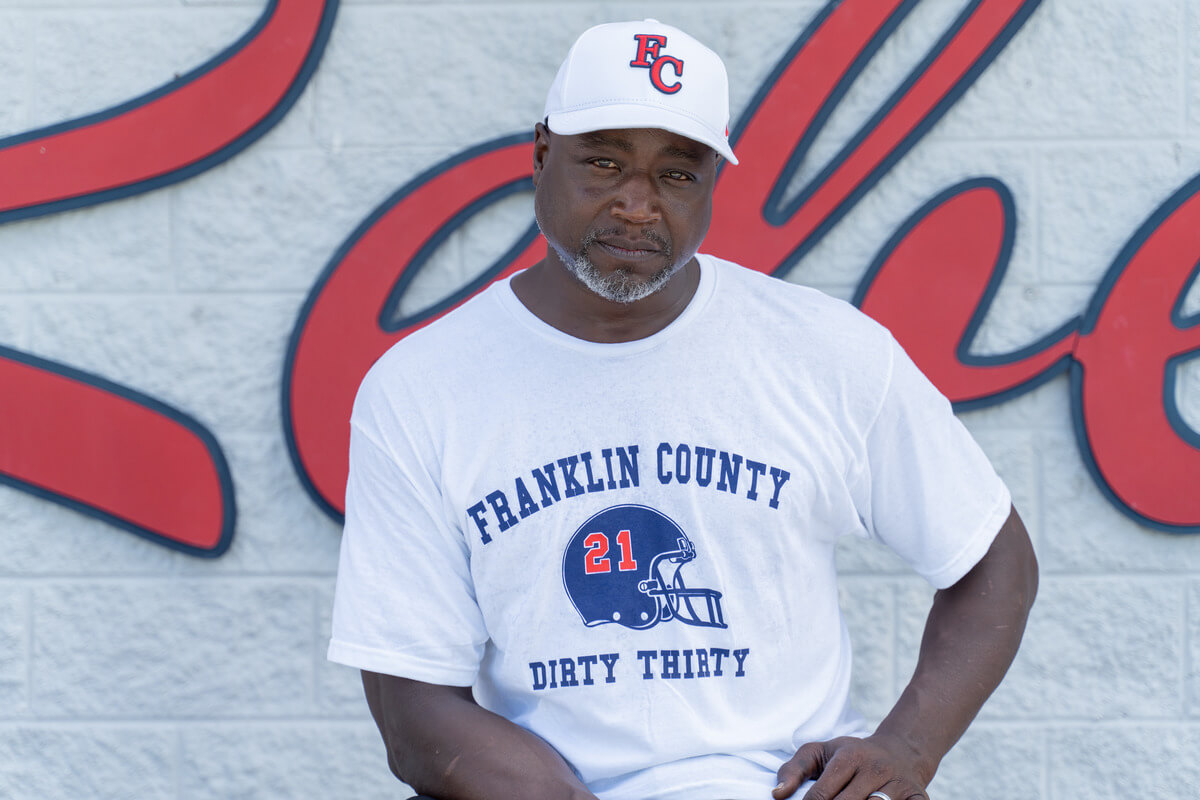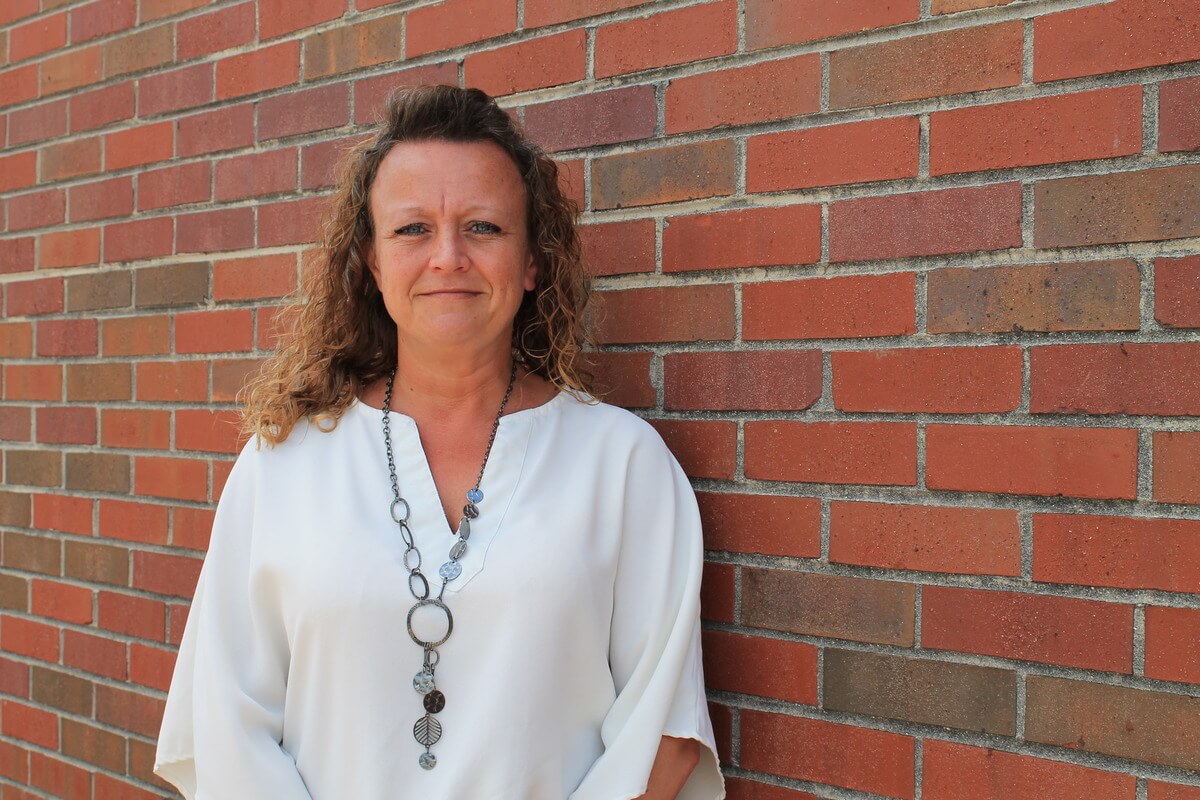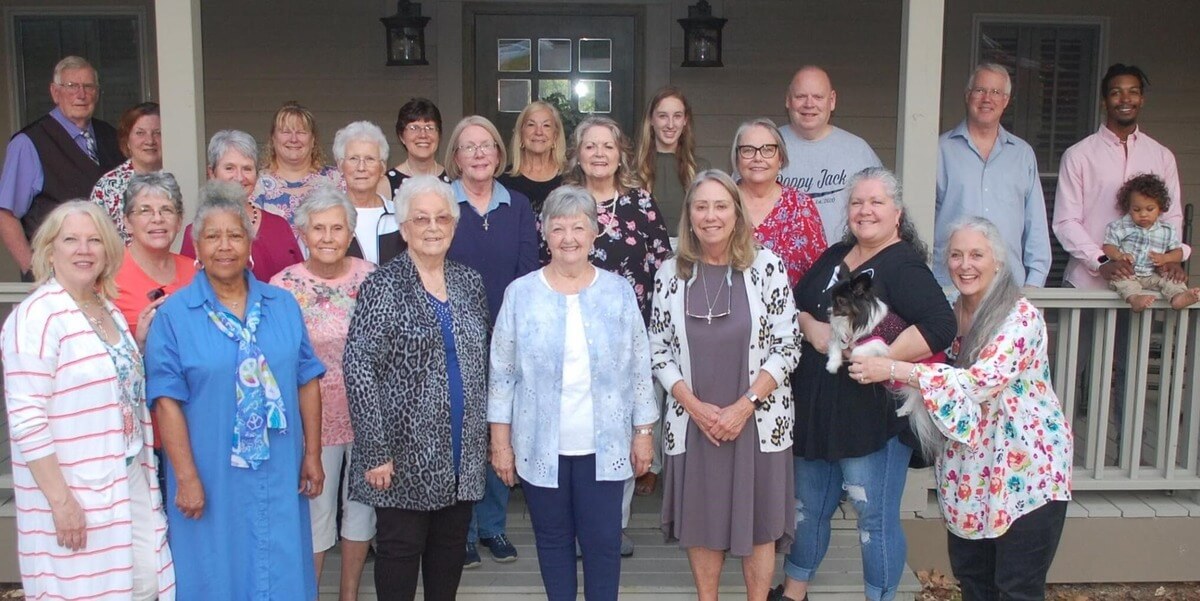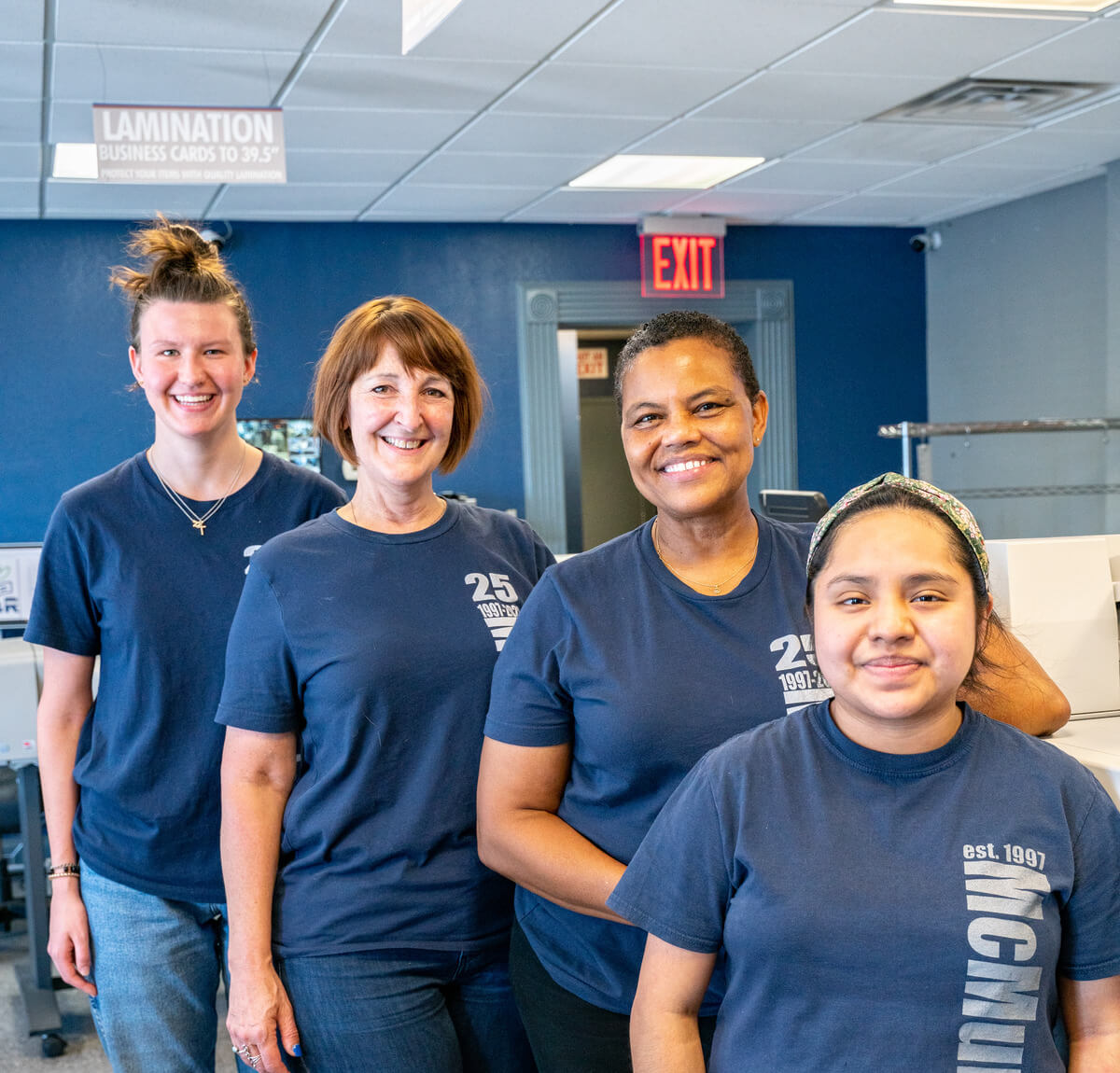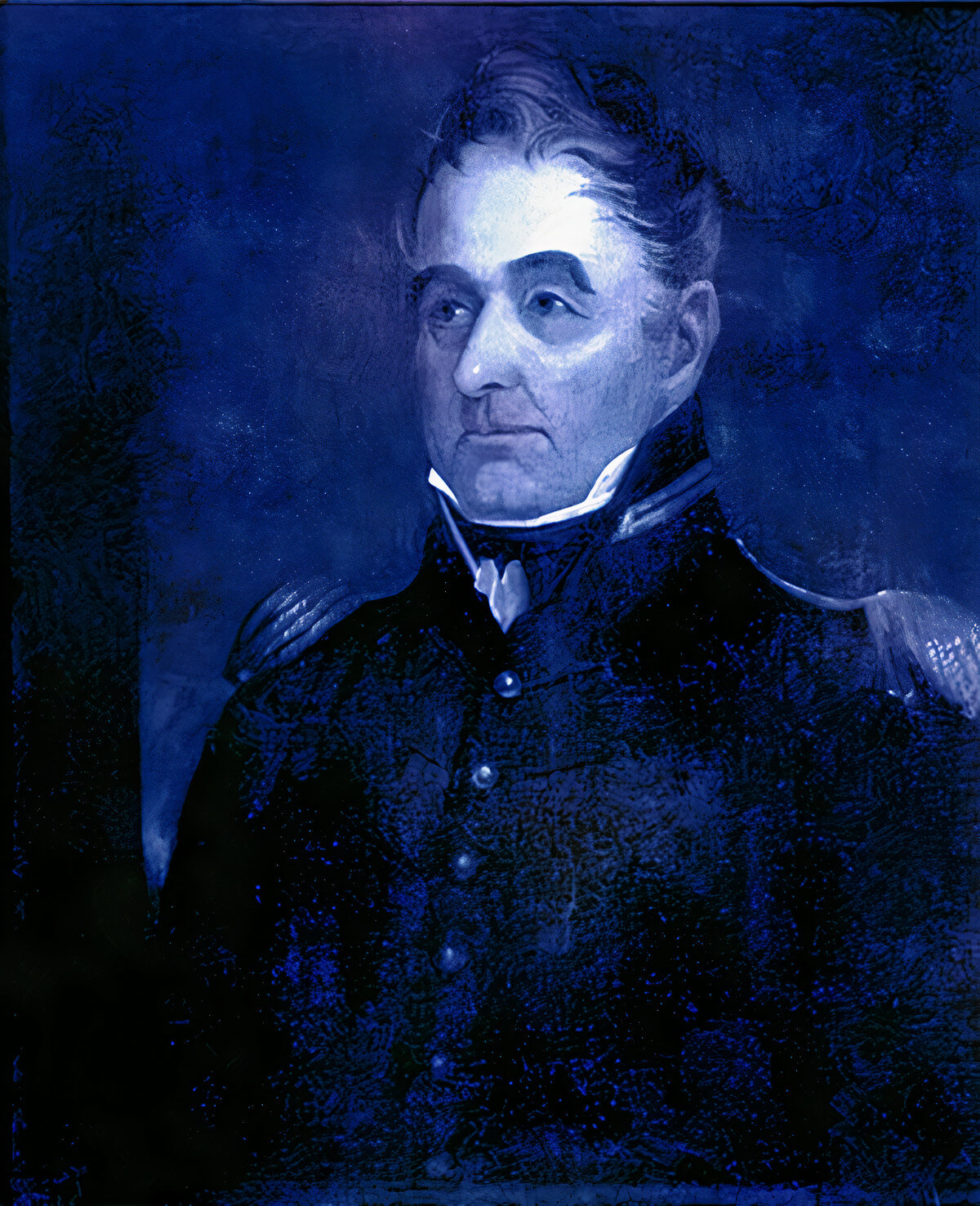THE BIBLE felt heavier than it should have as she held it for the first time. Its wide, empty margins waited for her to fill them. Somewhere between the shelves at Barnes & Noble and her mother’s comforting smile, Hannah Bradley felt the slightest flicker of hope: maybe this was the beginning. Maybe grace had more to say than grief ever did.
Growing up in Bradley’s household, Christian values were the norm. She said she learned about God and could repeat familiar stories, but looking back, she sees a clear difference between knowing about someone and truly walking with them.
“My understanding was more surface-level than relational,” she reflected.
For a while, that version of belief seemed enough. But time and pain eventually revealed what was missing. After high school, Bradley said the facade of busyness she’d used to cope with loss and grief began to crack. With fewer distractions, the emotional weight she had pushed aside surfaced.
“It felt like an anchor crushing my soul,” she remembered. Years of internal pain from childhood trauma and personal loss demanded attention she could no longer deny. That’s when she began questioning everything, including the faith she once thought she understood.
According to Bradley, those deep, internal questions were the beginning of something deeper. What many saw as an instant transformation was a slow unfolding for Bradley — a hunger for the truth, a desire to know the God she had heard about all her life. She recalled a moment of excitement, running to her mom and asking to buy a journaling Bible. That trip to Barnes & Noble changed her life.

“The crisp, white margins felt like an invitation,” she said.
And for her, they were.
The smooth white pages became a starting place for healing. Through Scripture, she began to understand what grace really meant as a living reality. Over the next five years, Bradley’s love for studying the Bible only grew. Now, she’s pursuing her master’s degree in Biblical Studies, which she never would have imagined during those years when her faith felt fragile.
In the early days of her newfound faith, Bradley felt compelled to step away from social media entirely. It was a personal decision that she described as a season of “undistracted devotion.”
But a few months later, a simple question arose in her heart: What if what I’m learning could help someone else? After a conversation with a friend who saw her Bible and encouraged her to share her notes, she turned this idea into action. She created @passiontoproclaim, an online social media platform where she now shares reflections, Scripture study methods, and honest conversations about faith.
Bradley emphasized that the goal was never about numbers or visibility.

“In today’s world, it’s easy to chase virality,” she said. “It’s much harder to walk in quiet, consistent obedience — to crucify the flesh daily, to pursue holiness, and to make space for others at the table, regardless of status. I’ve come to see more clearly that this platform isn’t mine. Any measure of visibility or influence I have is not about me. It’s about people who are hungry for God’s word. If I’ve been allowed to encourage others and speak the truth in my small corner of the internet, then I want to be found faithful with that calling.”
When ministry gets tough — when there is online backlash or her words are misunderstood — she returns to that foundation.
She also holds tightly to humility. Having attended events with other Christian content creators, she’s noticed how easily society measures success in numbers. But, as she’s learned, follower count can’t quantify true impact.
“This platform isn’t mine,” she said. “Any influence I’ve been given is about serving those who are hungry for God’s word.”
Looking ahead, Bradley recently launched a YouTube channel and dreams of one day writing a book. Both are ways she hopes to continue making space for real conversations — about Scripture, suffering, faith, and freedom.
Bradley’s message remains consistent through it all: “You don’t have to fix yourself before coming to Christ,” she said.
According to her, it’s not perfection that draws people to Jesus, but brokenness met by grace.
And maybe that’s what makes her story resonate most. It isn’t about the triumph, but the honesty, slow healing, and strength she embraced by choosing to stay when things got hard. GN






















































